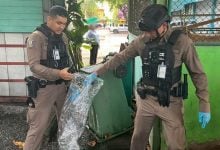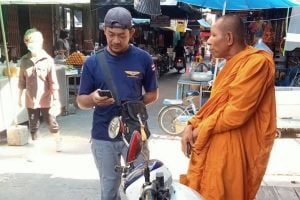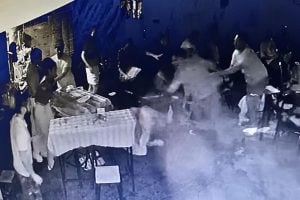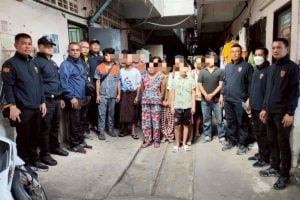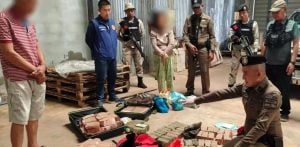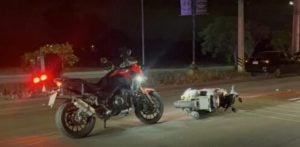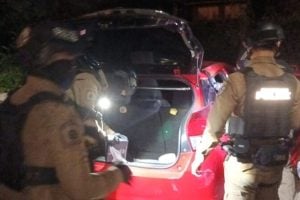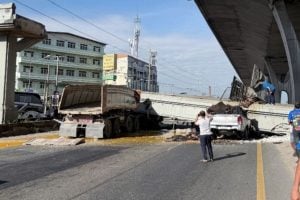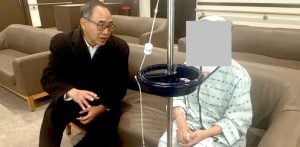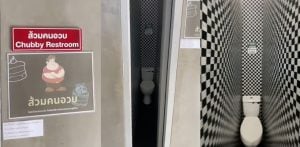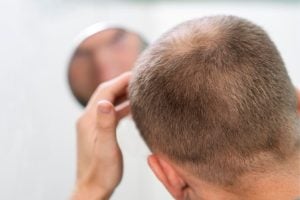Public defibrillator thieves are rescue workers
Defibrillators have been disappearing from the streets of Bangkok
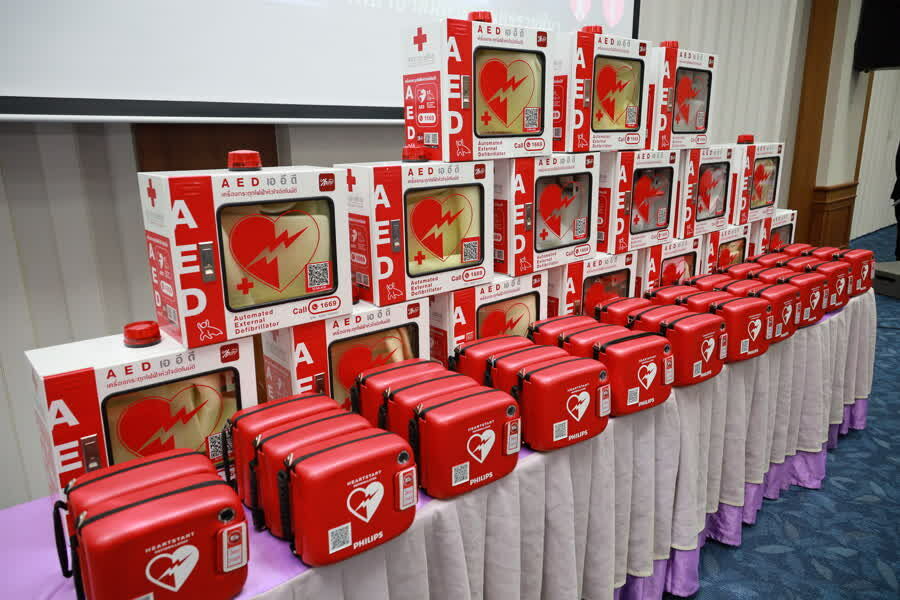
Police have arrested two rescue workers for the theft of several public defibrillators that they sold to other rescuers.
Bangkok Police chief Pol Lt Gen Thiti Saengsawang said two men had been arrested in connection with the disappearance of Automated External Defibrillators (AEDs) from the streets of Bangkok.
Police also retrieved five stolen defibrillators.
Public defibrillators were installed at police booths on streets for emergency use to aid people suffering heart attacks. The discovery that around 30 AEDs have vanished from police kiosks on Bangkok streets is just the latest in a string of recent embarrassments for the force.
Thiti said one of the arrested men, Roongrote La-orchaem, was a rescue worker in Bangkok Noi and posted messages online offering to sell defibrillators at unusually low prices. The usual price of a stolen defibrillator on the Facebook marketplace was not given.
Police searched Roongrote’s house but found nothing. He told them he had stolen six defibrillators and sold all of them.
Roongrote told investigators that he carried out the first theft because he needed money to repair his car. It turned out to be a remarkably easy way of making money, so he stole more.
The suspect told police he stole units from police booths in Pomprap Sattruphai, Bang Rak, Pathumwan and Samphanthawong districts between late December and mid-January. He sold them to Weerayut Nonpan, who was also arrested, for 12,000 baht (US$400) each.
Weerayut said he sold the stolen devices to rescue workers in other areas at 13,000 to 15,000 baht each. The market price of an AED is about 80,000 baht (US$2,500).
Thiti said police did not believe the pair had stolen only six public defibrillators because nearly 30 such devices had disappeared from police booths in the capital recently.
When a person has a cardiac arrest, survival depends on immediately receiving CPR and defibrillation from someone nearby.
According to the American Heart Association, 90% of people who suffer cardiac arrests outside a hospital die.
Latest Thailand News
Follow The Thaiger on Google News:
